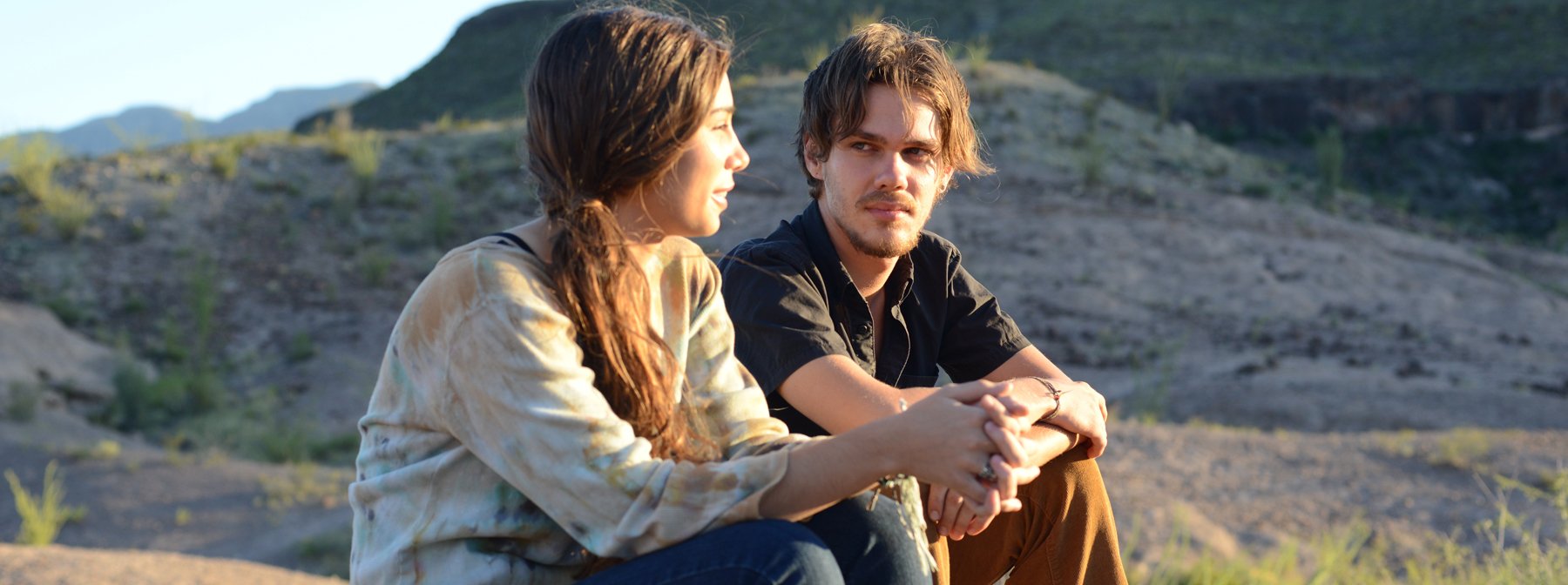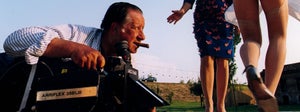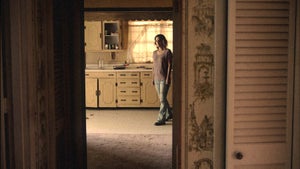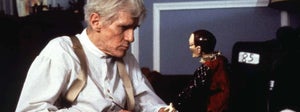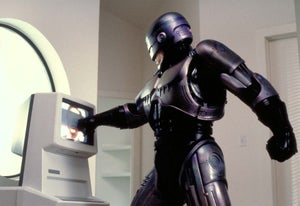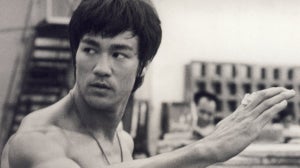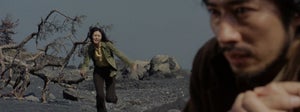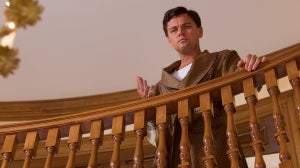
The First and Second World Wars combined lasted ten years. The American Civil War lasted eight. Anne, Queen of England and Scotland sat on the British throne for seven, the same length of time Kim Kardashian and Kanye West were married. Steve Jobs idealised and developed the iPhone in two and a half and the Apollo 11 mission took four days, six hours and 45 minutes to get three men from Earth to the deep craters of the Moon. These measures of time help put in context how long it took Richard Linklater to make his magnum opus, Boyhood.
Linklater’s 2014 drama is an observation of the life of Mason (Ellar Coltrane) from early childhood to the first days of college, the boy growing up in front of the director’s loving lenses. For a few weeks every year during a period of 12 years, Linklater gathered his four principal actors — Coltrane, Patricia Arquette, Ethan Hawke and Lorelei Linklater, his own daughter — to shoot whenever convenient, adapting the film to the specificities of the lives of the young actors. “It’s designed to incorporate the future, the unknown. You just got to live it,” said the filmmaker when speaking about allowing himself the leeway to steer the script in whichever direction felt right.
The American director has often explored ideas of time, in and outside of the diegesis. His sophomore feature, 1991’s Slacker, chronicled the young bohemian subculture of Austin, Texas, the director’s home ground and the city that inspired many of his following films. Slacker does away with the formality of a strict plot, opting instead to seesaw between a myriad of characters as they stumble through the Texan capital over the period of a day, discussing themes of political marginalisation such as class, unemployment, and censorship. A vital documentation of the ways of a particular generation, the film is considered one of the key works of 90s independent American cinema and was selected for preservation by the United States National Film Registry in 2012 due to it being “culturally, historically, or aesthetically significant.”
Perhaps his most lauded work to date, the Before Trilogy — Before Sunrise (1995), Before Sunset (2004), and Before Midnight (2013) — follows two lovers (Ethan Hawke’s Jesse and Julie Delpy’s Celine) from a serendipitous meeting on a train to Vienna to life as a married pair. Their entanglements are confined to short periods of time, restrained snippets of entire existences fleshed out, Celine and Jesse at once trapped within the frame and ever-living. “Time goes by, and people cry, and everything goes too fast,” Celine soulfully tells Jesse soon after they reunite in the second instalment.
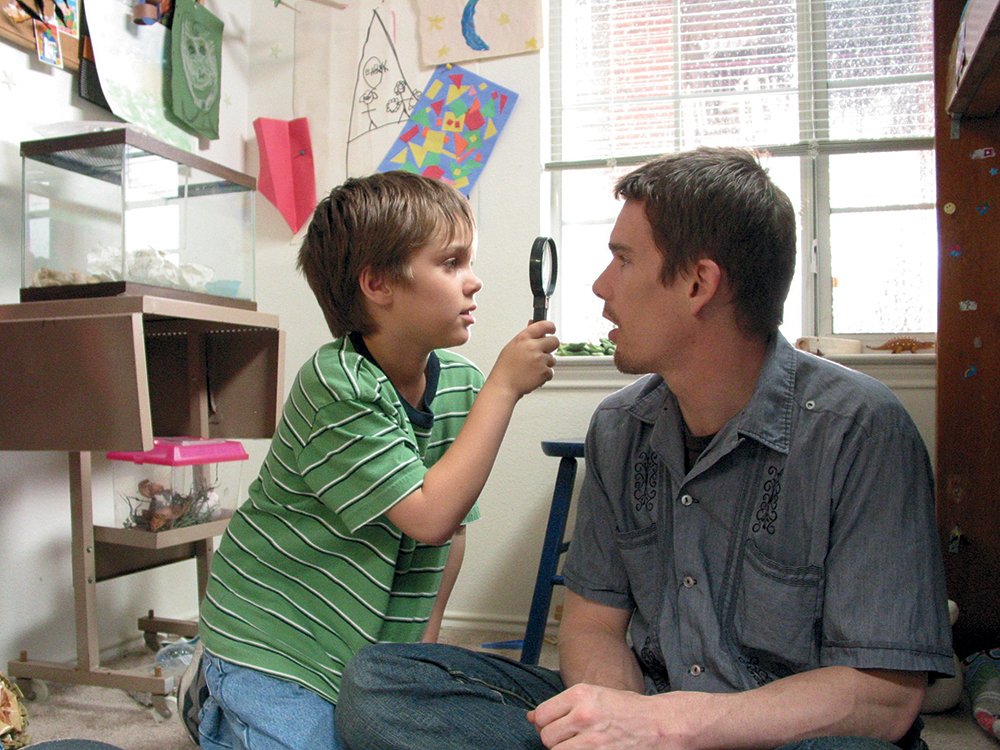
In Before Sunset, Linklater plays with a notion he employed in 2001’s Tape, with both films taking place in real-time. While the former lets the camera linger on two former lovers reunited, the urgency of their meeting one translated through quietness, the latter forgoes contemplation in favour of blood-pumping adrenaline as an entangled trio of friends navigates the ripples of a harrowing encounter. Both films evoke the past while entirely rooted in the present, every second of every minute made painfully tangible by either tension or longing.
With Boyhood, Linklater goes one step further into his examination of time as not only a narrative tool but a cinematic medium. Mason undergoes a complete metamorphosis under the director’s kind guise, his corners turning sharp as hormones wreak havoc on both body and mind alike, the soft innocence of childhood slowly melting into the rigid jadedness of adulthood. In contrast, his fictional parents — portrayed beautifully by Patricia Arquette and Linklater’s longtime creative partner Ethan Hawke — change in subtler ways, eyes sinking in their tired sockets, faces sculpted by the rueful hands of time, romantic ideas of love settling into the comfort found in quiet camaraderie.
The changes in Boyhood are soft, gradual. As in life, no title card comes to mark the leaps in time. A haircut, a bedazzled flip phone, the foreign furniture of a new house… Signs used to stitch one event into another until the patchwork of the life of this all-American family doubles, triples, quadruples. New people come in and out of their lives as Mason and sister Samantha awaken to the realisation that parents, much like their disjointed selves, are also just trying to figure things out as they go.
Towards the end of Boyhood, Mason arrives at his college dorm with only one meek box of belongings and a beaten rucksack. “Are you going to the orientation mixer thing?” he shyly asks his new roommate. The answer is an easy no, followed by an invitation to ditch the scholarly formalities and go on a hike instead. Tempted by the two girls tagging along, Mason pops a hallucinogen in his mouth and a pair of old boots on his feet. As the foursome arrives at the central viewpoint of the millennial canyons, the roommate inhales deeply and screams from the top of his lungs: “It's like as if all of time has unfolded before us so we could stand here and look out and scream, ‘f*ck yeah!’”
Almost a decade on, no other film has quite managed to reach Boyhood’s grasp on this very unfolding of time and all the beauty and the joy that linger in the otherwise terrifying race to oblivion. Luckily for us, the director has recently cast Oscar-nominated breakout Paul Mescal and is set to embark on yet another years-spanning production, Merrily Go Along, an adaptation of Stephen Sondheim and George Furth’s eponymous musical. Linklater’s next odyssey will tell the story of a successful composer and his two best friends over the course of twenty years, shot in real time once again. Differently from Boyhood, however, Merrily Go Along will be told in reverse chronological order, the hard edges of time softening under the lenses of a director who understands the cinematic nature of the ephemeral like no other.
https://www.youtube.com/watch?v=EMr3EWBbwkE

